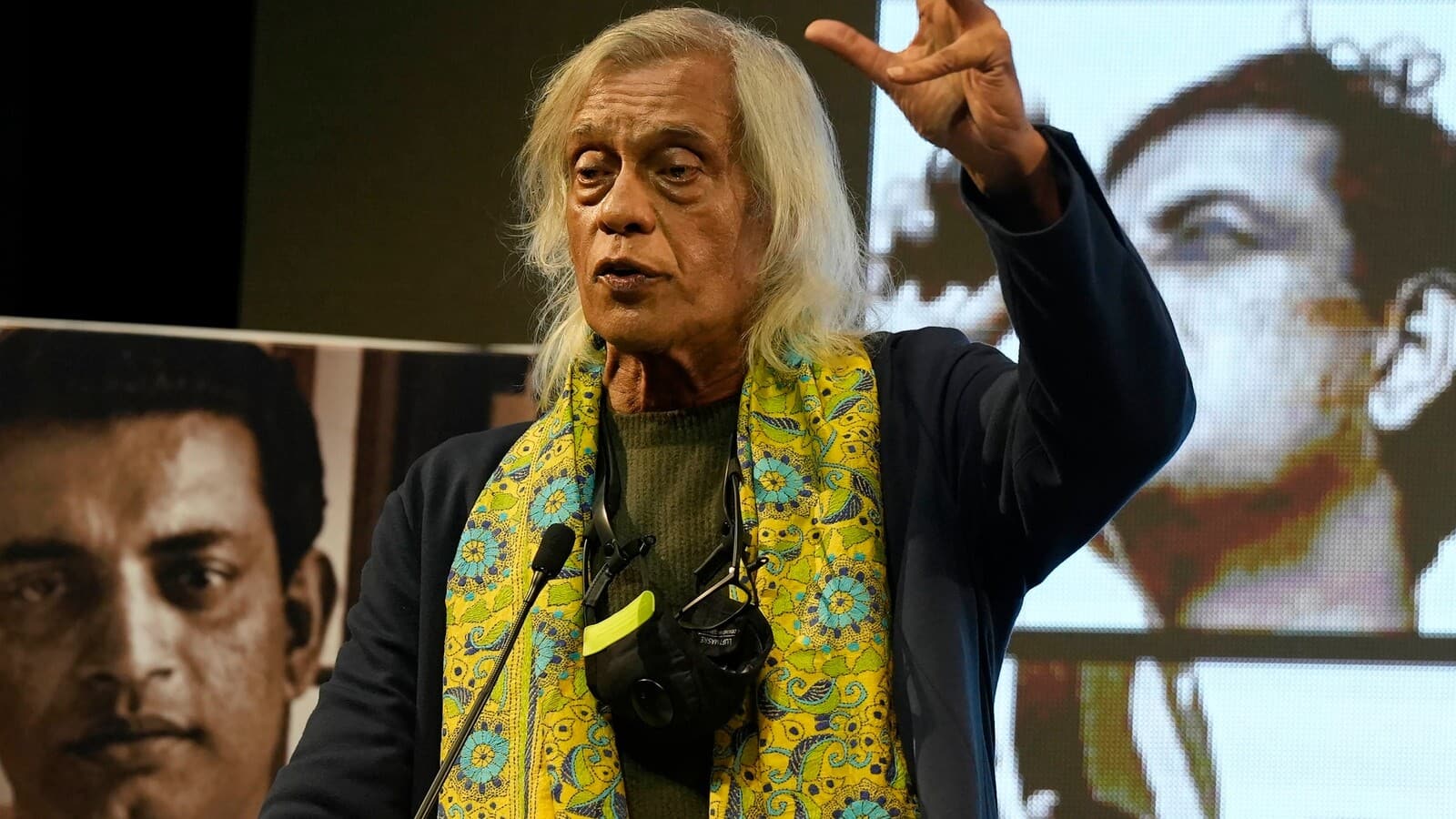
Sudhir Mishra champions women filmmakers, criticizes 'jingoistic' cinema
What's the story
Acclaimed director Sudhir Mishra, who has given us socially relevant films like Hazaaron Khwaishein Aisi and Dharavi, saw the release of the second season of Tanaav on Thursday. The series is an adaptation of the popular Israeli show Fauda.
In a recent interview with Mid-Day, he opened up about his approach to storytelling and his concerns about the current state of Indian cinema.
Filmmaking philosophy
Mishra's storytelling approach and stance on sensationalism
Mishra stressed his dedication to nuanced character development and steering clear of sensationalism in his work.
He said, "I know my country. I am inquisitive, I travel and meet people not just for the sake of making something, but for its own sake."
He said he listens to the characters and people of Kashmir without any agenda or need to create a "jingoistic piece" for it to become a hit.
Advocacy
Mishra's call for more recognition of women filmmakers
Mishra slammed the industry for not doing enough to acknowledge and promote diverse voices, especially those of women filmmakers.
He said, "Women have told stories with great difficulty. Does the industry applaud them? No."
"Women filmmakers are much better than most of the men... We don't encourage talent; we get scared of it."
Critique
'Why do young, talented people submit to other forces?'
Mishra also expressed disappointment over the recent trend of political films that are thinly veiled propaganda.
He wondered why young, talented people give in to outside forces instead of remaining true to their calling.
"It is sad. Why do young, talented people submit to other forces? They should stay true to their calling," he said.
Industry insights
Mishra's views on mid-budget films and theatrical releases
Mishra also spoke about the struggle of mid-budget films to get a big-screen release post-pandemic. He mentioned his own film Afwaah and Kiran Rao's Laapataa Ladies as examples of the struggle.
"The problem is theatrical releases are expensive... Film theaters should be tax-free," he suggested, calling for a more inclusive space that welcomes all kinds of films.